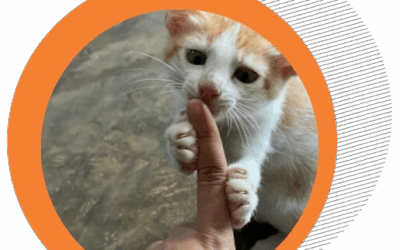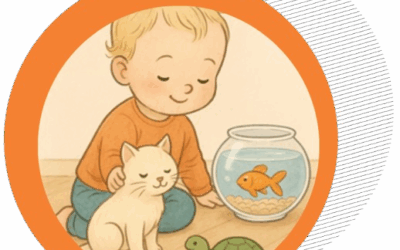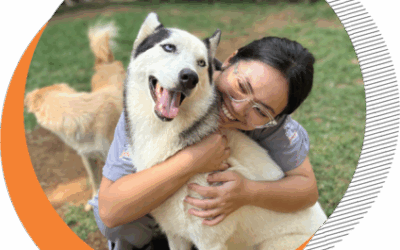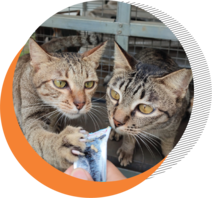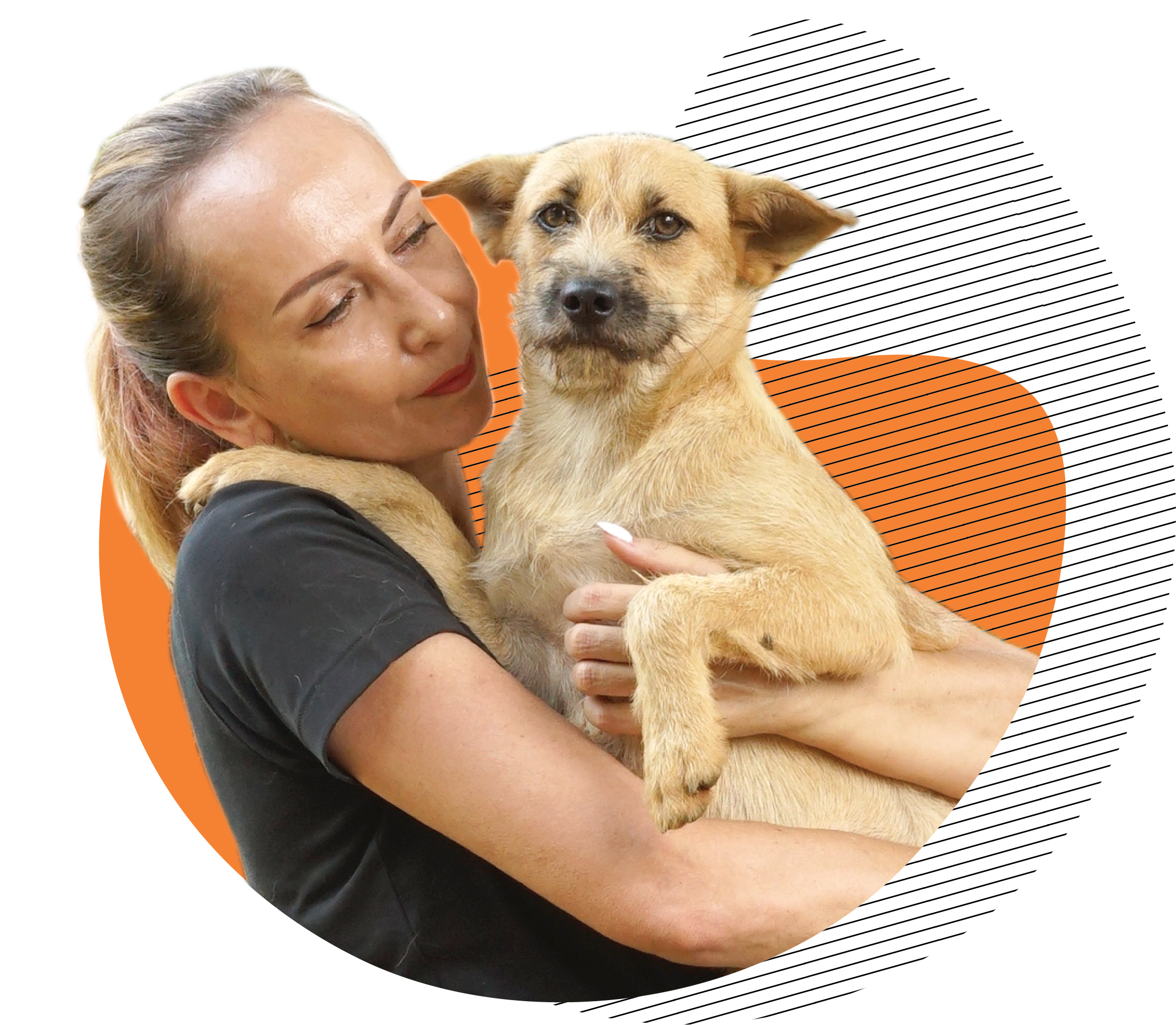
Do’s and Dont’s
Are you a responsible pet owner?
Content by : Karin Franken,
Co-Founder & Board Director JAAN Domestic
Illustration by : Aya Diandara Salvator


A pet has to stay indoors, as your pet
should always be part of your family.

Always give nutritious food and daily
clean drinking water.

Clean and bath your pet according to its
needs.

Give regular exercise to your pet on daily
to strengthen the bond between you and
your pet; this will also minimize any
destructive behaviour.

Spayed your pet so it can become more
healthy and have better behavior
compared to unspayed pet.

Give a life-time commitment to your pet
because like us, we want to be taken
care of until the end of time.


Do not chain or put your pet in a cage!

Do not let your pet be hungry or
dehydrated

Do not let your pet live in a dirty
environment, not have regular showers,
or allow it to smell bad, which can lead to
sickness.

Do not have a pet without giving it
proper daily exercise, as without good
training a pet can become stressed,
frustrated or even aggressive.

Do not let your pet to breed continually
as it will contribute to the raising of over
populated stray unwanted animal.

Do not allow your pet to breed as this will
contribute to the increase in many more
unwanted stray animals.
Related Post
Not Just a Fashion Statement: Carrying Cats Should Prioritize Welfare, Not Aesthetics
By: drh.Mikeu Paujiah, M.MIn recent years, we have increasingly seen a trend on social media: cats being taken for walks in transparent backpacks that fully expose their bodies to the outside. At first glance, it looks cute, stylish, and adorable. However, when viewed...
More Than Just Style: Ethical Ways to Carry Cats According to Animal Welfare Principles
By : drh. Mikeu Paujiah, M.M.In the era of social media, we often see cats being taken out in transparent backpacks that display their entire bodies to the world. Cute? Perhaps. But is it comfortable and safe for cats? Not necessarily.Cats are highly sensitive beings....
I’m Not Trash: The Story of a Cat Who Was Once Abandoned
I was abandoned. Not because I was naughty. Not because I was sick. But because I was no longer seen as important. A small cardboard box became my last shelter before being thrown to the side of the road. People walked by, some glanced, but none stopped. I stayed...
Build Your Child’s Responsibility Through Pet Care
By: Drh. Mikeu Paujiah, Dipl. MontessoriKeeping a pet is not just about filling leisure time. For children, taking care of a pet can be a powerful way to learn empathy, responsibility, and compassion. However, without proper guidance from parents, this process may be...
Pets Suitable for Children, According to Age!
Find the right pet for your child based on their age. From fish to dogs, check out our child-friendly pet recommendations here!By: Drh. Mikeu Paujiah, Dipl. MontessoriChoosing a pet for your child isn’t just about picking the cutest one. Every animal has its own...
Tips for Traveling with Pets: Journey & Post-Arrival Care
By: drh. Mikeu Paujiah & Maryam SmeerTraveling with your pet? Check out tips for a safe and comfortable journey, plus post-trip care to keep them healthy and happy during the holiday!After making thorough preparations before traveling, it's time to understand how...


